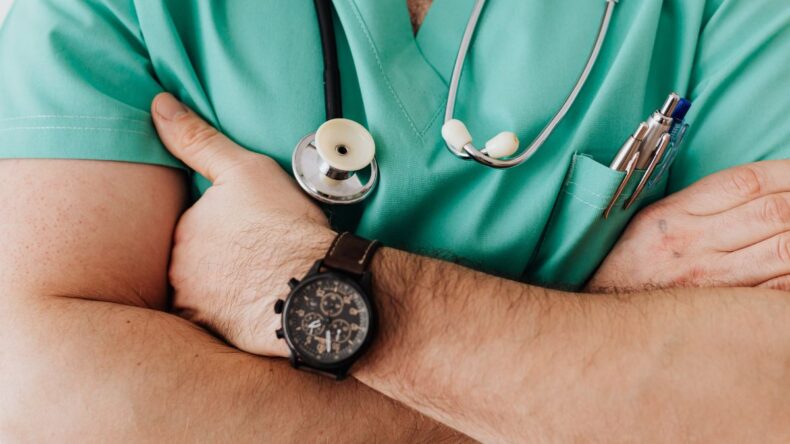The Maharashtra University of Health Sciences (MUHS) has taken a meaningful and student-centric action to ease the distress faced by aspiring students. By granting approval for an impressive 1,000 additional seats in eight medical colleges, they have paved the way for greater opportunities in the second round of the state Common Entrance Test (CET). This decision comes as a relief to many students who were left bewildered and concerned when these seats were initially missing from the first-round selection list.
On August 4, the first-round selection list for medical courses was released by the state CET cell. Unfortunately, nearly 1,000 medical seats were inexplicably absent from the list, triggering anxiety among students and parents. The absence of these seats left students uncertain about their chances of securing admission to their preferred colleges. However, to their respite, the state’s CET cell later included these seats in the seat matrix, making them available for selection in the subsequent rounds.

The main reason for the initial unavailability of these seats was the delay in affiliating the eight medical colleges with MUHS. Concerns were raised about insufficient teaching staff in these institutions, which led to uncertainties surrounding their affiliation. However, the representatives from these colleges reassured MUHS that they would expedite the resolution of these issues, ultimately resulting in the university granting them affiliation, keeping the best interests of the students in mind.
Renewed Hope with Additional Seats
With the decisive action by MUHS, the 1,000 additional medical seats have been assured to be available in the second round of the CET. This development has sparked renewed hope among students who now have an increased chance of securing admissions to their preferred colleges. The additional seats offer a glimmer of opportunity to deserving candidates who may have faced disappointment during the initial round.
Students who had previously filled out their choices without the knowledge of these seats now have the chance to modify their preferences in the second round. This added flexibility brings hope, allowing students to reconsider their options and prioritize colleges that were previously unavailable due to seat limitations. The second round is seen as a fair chance for students to enhance their prospects and secure admissions to colleges that align with their career aspirations.

Apprehensions and Demands for Reallocation
However, some students remain apprehensive about the potential missed opportunities in the first round due to the initial seat unavailability. The fear of having lost their chance in the first round has led to demands for a reallocation of seats from the initial selection list. Students argue that reallocation would level the playing field and ensure that deserving candidates are not disadvantaged by the unforeseen seat shortage.
The demand for reallocation reflects the concerns of students who faced uncertainty and confusion during the initial round. They believe that their preferences may have been different had they known about the availability of the additional seats. These students emphasize the importance of equitable opportunities and fairness in the admission process, urging authorities to consider their plea for reallocation.
MUHS’s Commitment to Student Interests
The approval of these additional medical seats represents a significant stride in addressing the concerns that arose after the missing seats in the first round. It reflects the university’s commitment to prioritizing students’ interests and ensuring fair and transparent admission procedures.
While the inclusion of these seats in the second round offers a fair chance for students to secure admissions in their preferred colleges, there are valid concerns regarding missed opportunities in the initial round. As students advocate for a reallocation of seats to rectify any potential disadvantages, the university’s commitment to students’ interests remains pivotal in ensuring a transparent and equitable admission process.
Aspiring medical professionals eagerly anticipate a positive outcome that reflects the dedication and hard work they have invested in their academic pursuits. MUHS’s timely intervention has brought attention to the importance of addressing student concerns and ensuring a level playing field for all deserving candidates. With an emphasis on fairness and transparency, the admission process can truly become a gateway to fulfilling their dreams of becoming medical professionals and serving the community.













